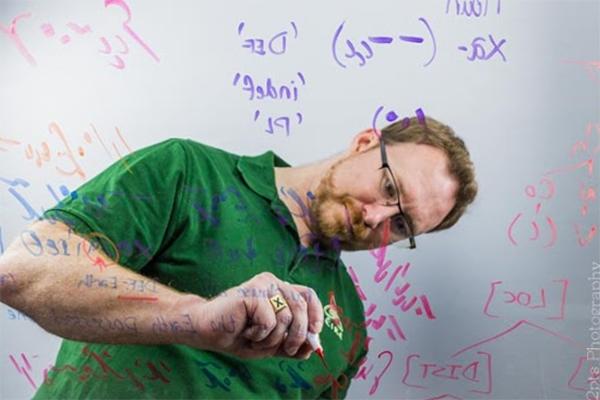
Modelling the Acquisition of Natural Language Categories
The ability to reason about categories and category membership is fundamental to human cognition, and as a result a considerable amount of research has explored the acquisition and modelling of categorical structure from a variety of perspectives. These range from featurenorming studies involving adult participants to long-term infant behavioural studies to modelling experiments involving artificial stimuli. In this talk we focus on the task of *natural language categorisation*, modelling the cognitively plausible acquisition of semantic categories for nouns based on purely linguistic input. We identify two key properties necessary for cognitive plausibility in a model of category acquisition, *incrementality* and*non-parametricity*, and construct a pair of models designed around these constraints. Both models are based on a graphical representation of semantics in which a category represents a densely connected subgraph. The first model identifies such subgraphs and uses these to extract a flat organisation of concepts into categories; the second uses a generative approach to identify implicit hierarchical structure and extract an hierarchical category organisation. We compare both models against existing methods of identifying category structure in corpora, and find that they outperform their counterparts on a variety of tasks. Furthermore, the incremental nature of our models allows us to predict the structure of categories during formation and thus to more accurately model category acquisition, a task to which batch-trained exemplar and prototype models are poorly suited.
